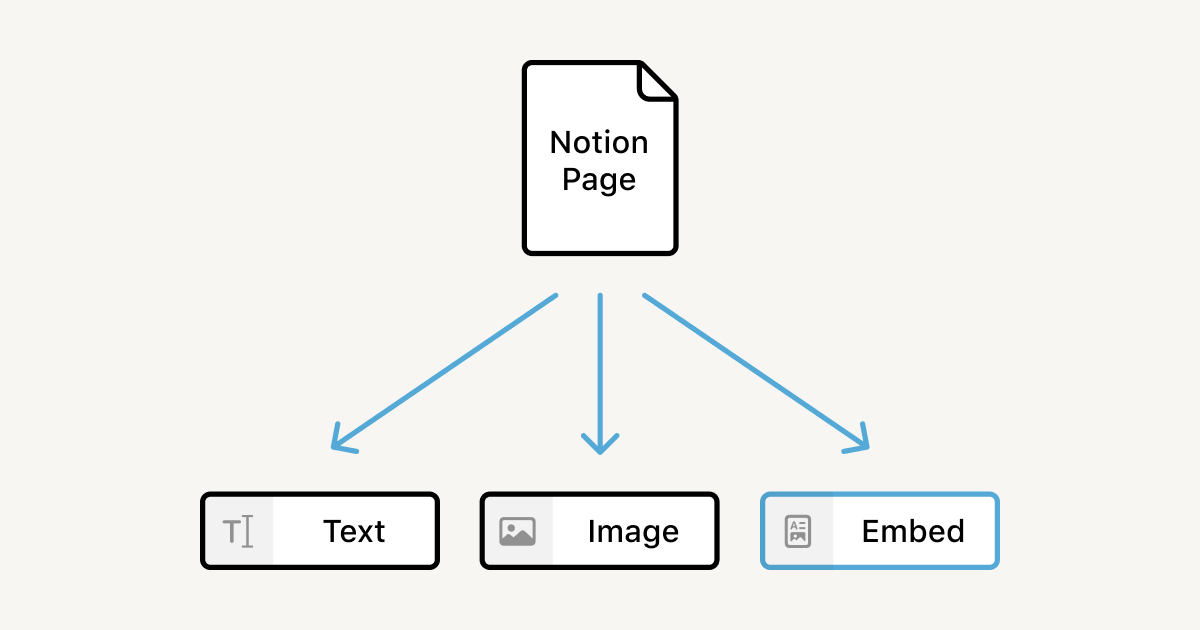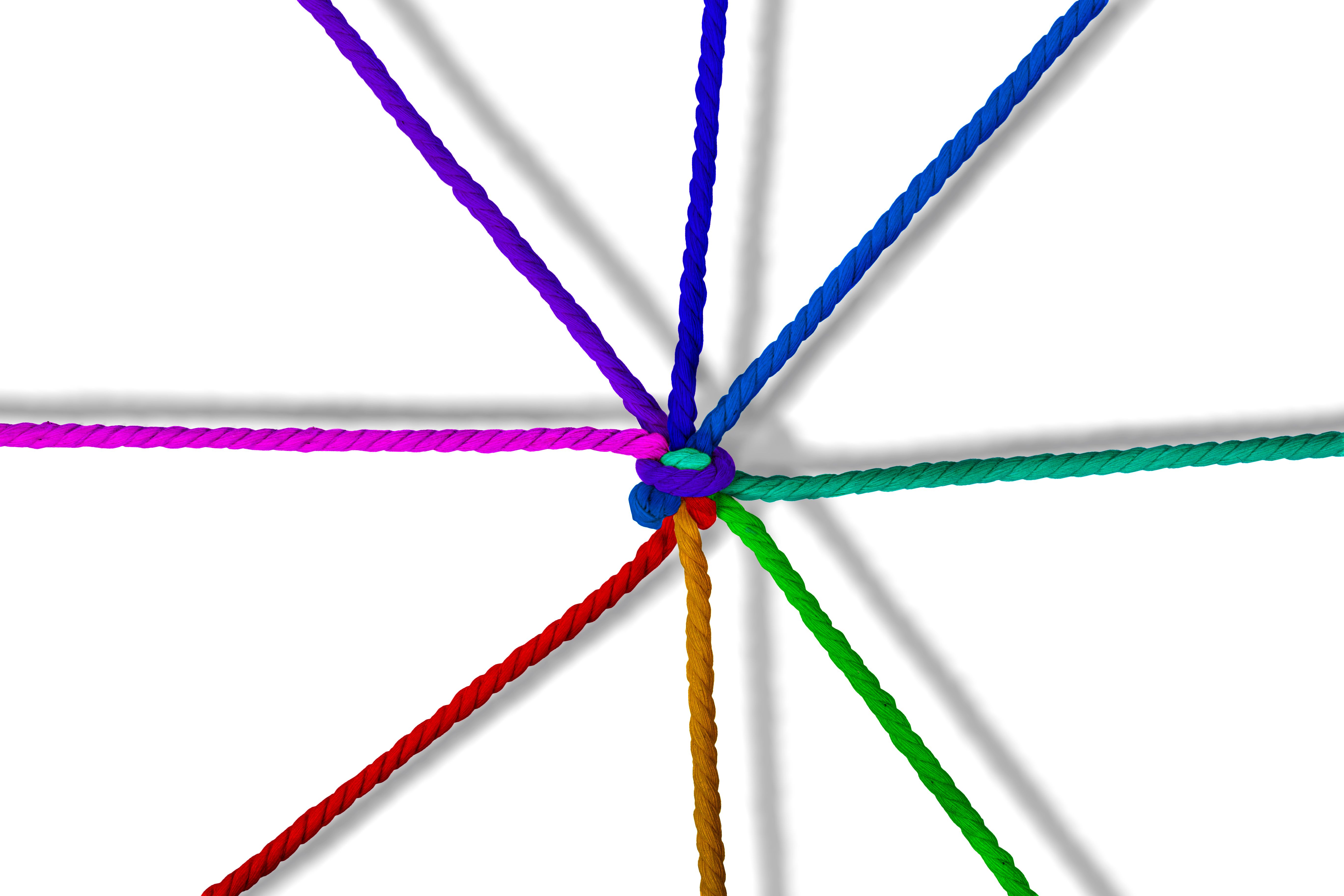Support for a Notion-like Schema
As you can see, Notion stores the children of a block (e.g. a page) as a list of ids to other blocks in a field called content. It does so vs just back references (e.g. with a parentId) as suggested here: https://stack.convex.dev/relationship-structures-let-s-talk-about-schemas#back-references-scalable because the order of the ids in the content field actually determines the layout of those children. Given that Convex doesn't recommend having long arrays inside fields, I was wondering what the recommended approach here would be...


